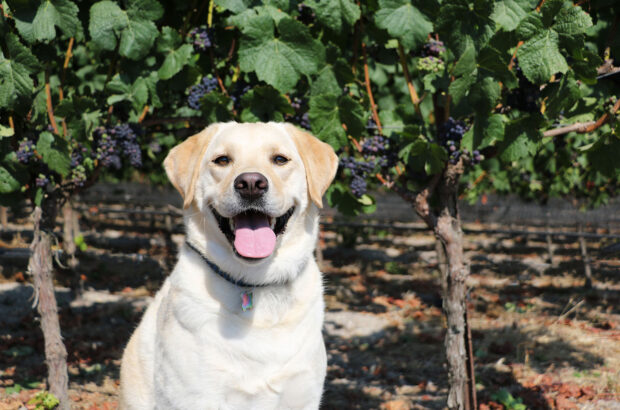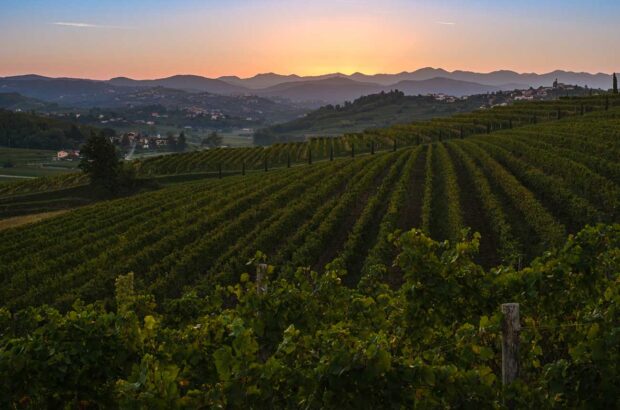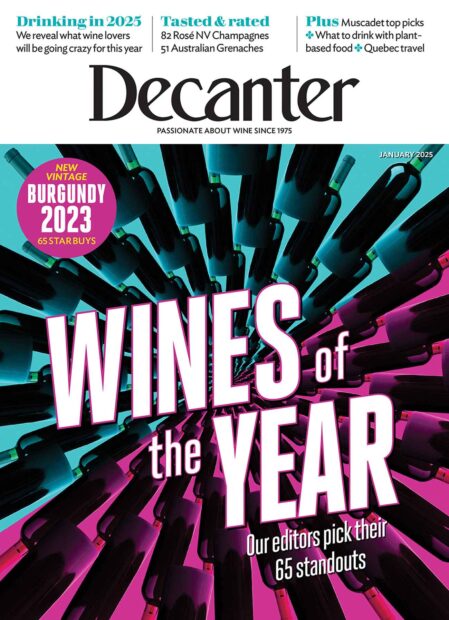Founded 137 years ago, Rutini Wines have grown into a leading name on the Argentinian oenological scene. This is a product not only of the exceptional quality of Rutini’s wines, but also of the continuous investment in the latest technology and respect to the highest standards of production and operation. Faithful to this tradition, Rutini Wines are now deepening their long-held commitment to sustainability.
An important step
True to their status as Uco Valley pioneers, Rutini Wines have been implementing several sustainable initiatives. The main goal is to protect the environment and support the local community of what is considered one of the world’s most important terroirs, both in the present and for future generations.
Confirming the success of these initiatives, Rutini Wines has now obtained the Wineries of Argentina’s Sustainability Protocol certification, following an exhaustive audit. The protocol is split into several priority areas: preservation of the agroecosystem; sustainable management of natural resources and materials; establishment of a circular economy; reduction of carbon and hydric footprints; ensuring a safe and healthy workplace; responsible purchasing practices. ‘We are proud to have taken this important step for the history of the winery and the future of the Uco Valley,’ says Mariano Di Paola, Rutini Wines’ legendary winemaker.
Care for the environment and mindful management of natural resources have always been important to the Rutini Wines team. This focus is a natural extension of the winery’s commitment to achieving excellence across its wine range, which has won numerous awards. A tour of the Rutini Wines facility in Gualtallary, Tupungato, Uco Valley, shows how, throughout the winery’s history, technological advances have paved the way for a century of conscientious winemaking.

Sustainable commitment
At Rutini Wines, the value and impact of each process is, and always has been, measured and analysed in order to optimise processes and the use of every resource. This vision led to the decision to adapt production methods to meet the requirements of one of the industry’s most demanding and prestigious sustainability standards.
To meet this goal, the winery set up a Sustainability Committee with representatives from each department. The group was responsible for implementing methodical processes, taking the required measurements, and applying the necessary improvements in each of the areas evaluated under the Wineries of Argentina Protocol. Thanks in great part to the internal processes already in place and generalised awareness of the importance of sustainability among the different teams, Rutini Wines achieved outstanding performance across all aspects of its production process, earning overall approval.
The evaluators’ report praised the winery’s performance in water preservation and the quality of their wines in particular. Considering that Mendoza is a desert region, achieving high marks for water management was especially important for Rutini Wines. In addition, the audit found that the winery has a carbon footprint smaller than the average Argentinian producer, which has been taken as encouragement to reduce that figure even further.

Next steps
Rutini Wines are implementing further innovations leading up to a next round of evaluations in 2025. These improvement measures are inspired by the 17 Objectives for Sustainable Development set out by the United Nations and in the firm belief that sustainable practices are fundamental for the future of both the winery and succeeding generations.







